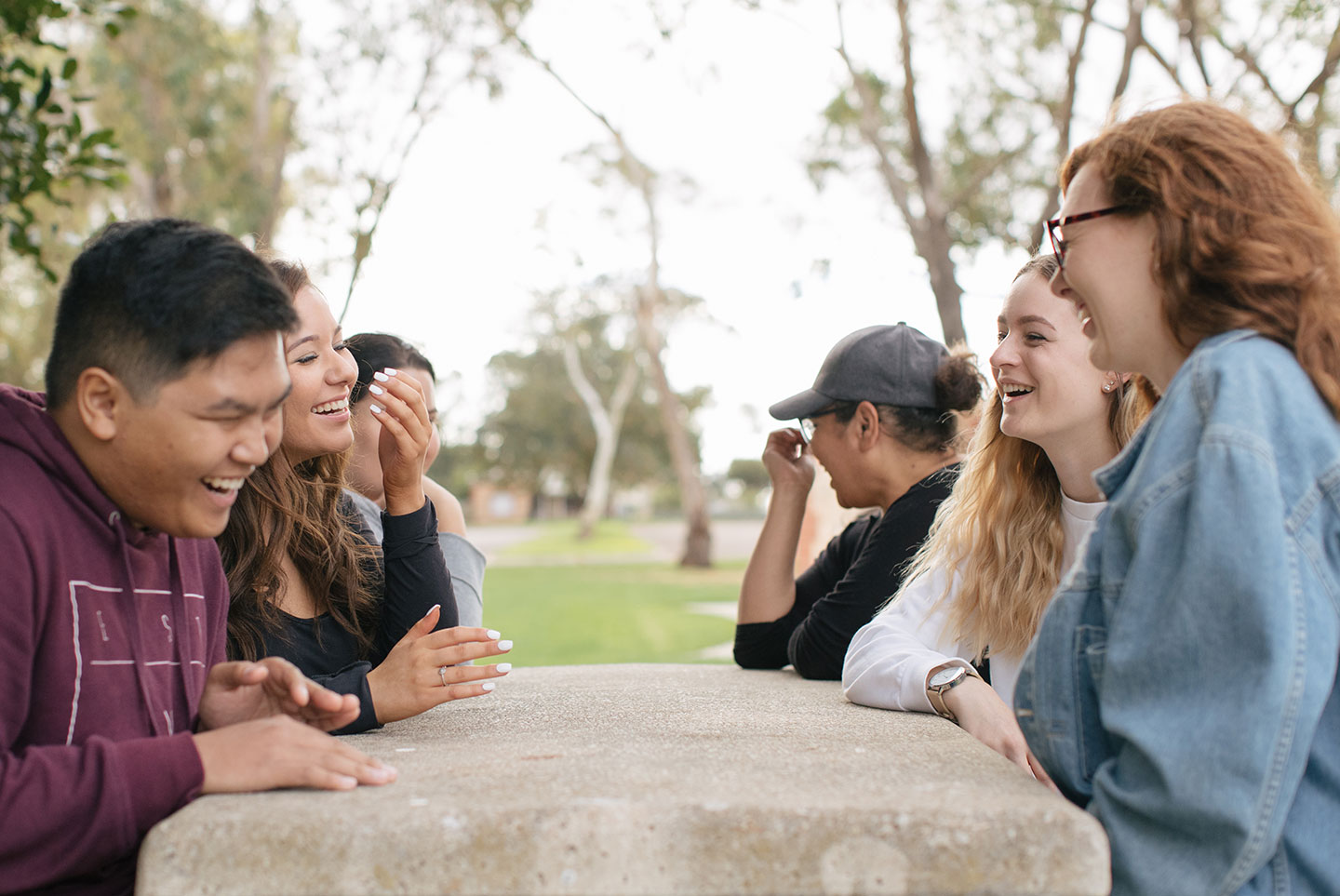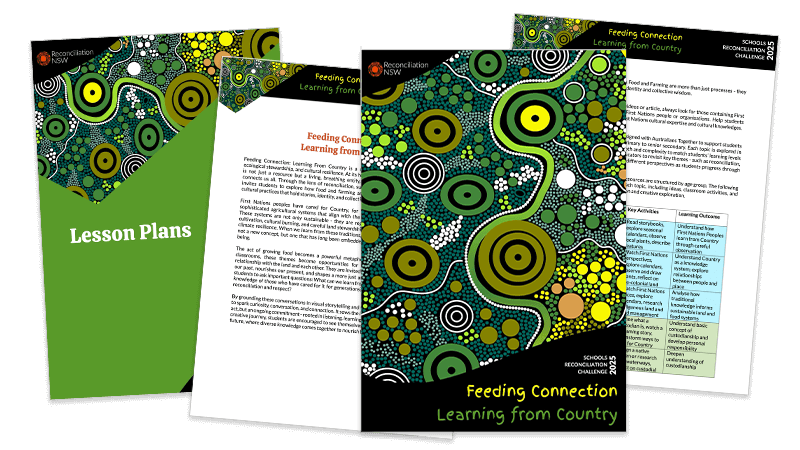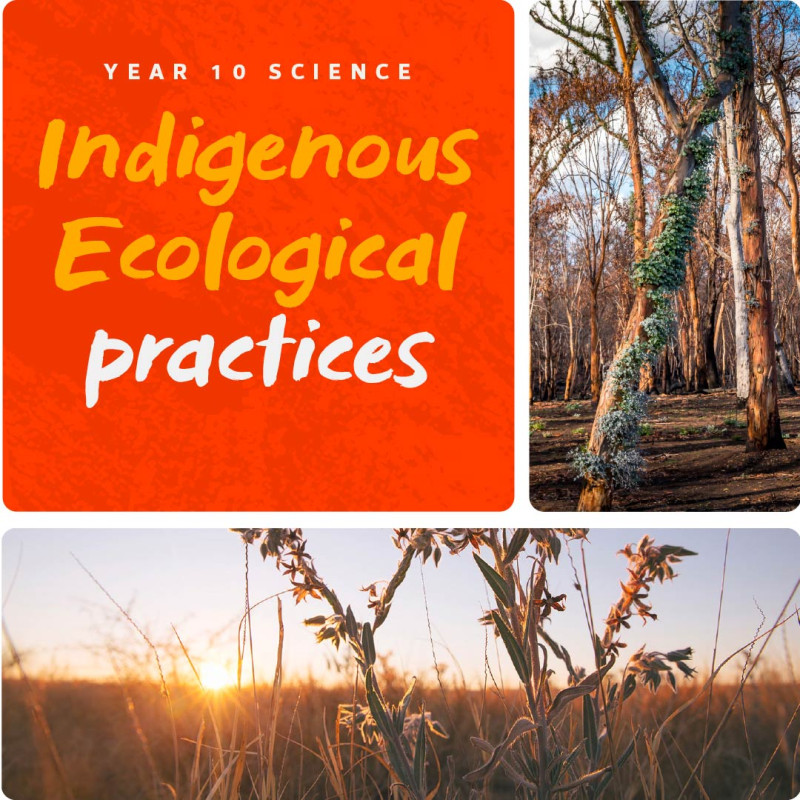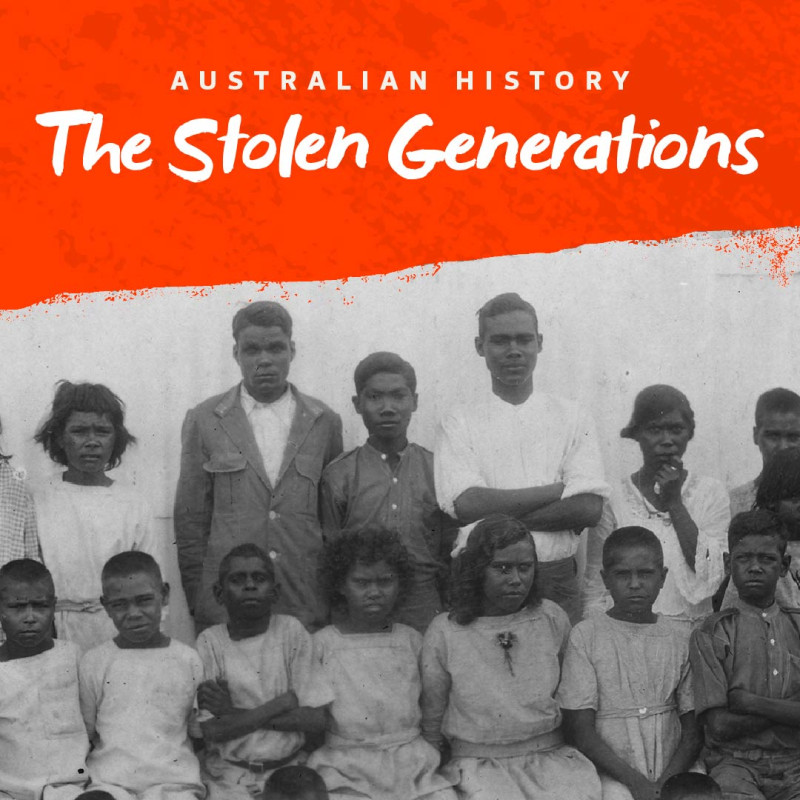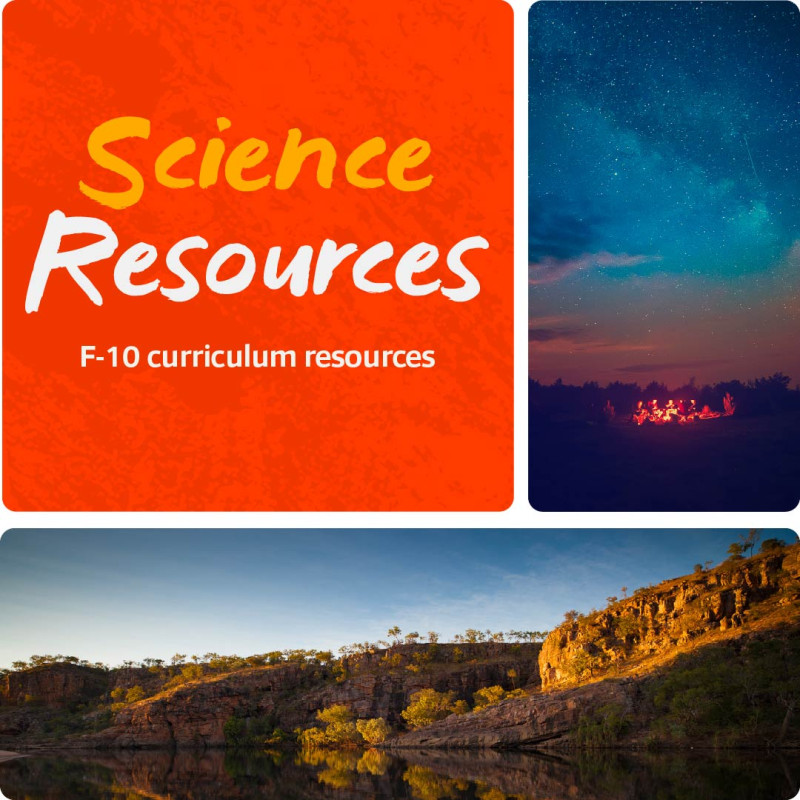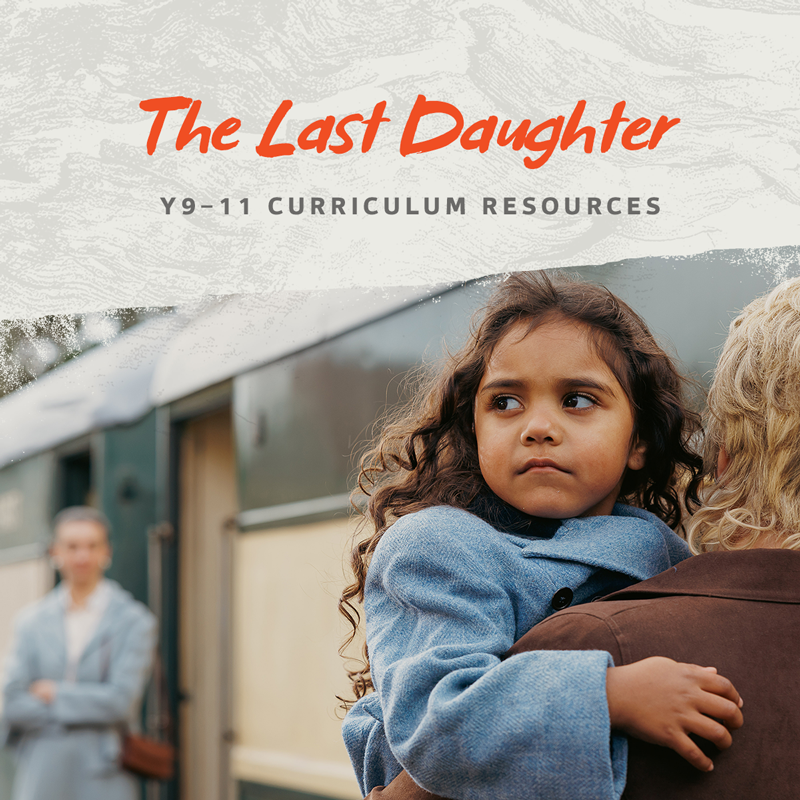
NEW - Learn and Do resources
Ready-to-go activities, to save you time and engage your students
Find out moreKey Dates and Topics
NAIDOC Week 2021
Early Years
Early Years Play
In these activities, children learn about ways play connects us all, and about toys played with by First Nations children. They get to play First Nations games and make their own toys using natural materials. Children will begin to understand the ways we can all connect with Country through play.
Early Years Seasons
In these activities children learn about First Nations Peoples knowledges of seasons and the diversity of Indigenous seasonal calendars. Children explore their environments, learn some local First Nations words and phrases, how to care for Country and how Country can inform our activities.
Early Years Country
The activities in this guide help children begin to understand First Nations Peoples’ deep connection and reciprocal relationship with Country. Children develop an appreciation for the diversity of the Country they’re located on through observation and play-based investigation as well as consider the ways they can take care of Country.
Foundation
Foundation Science & English – Observing features of living things
Students identify the differences between living things, non-living things and once living things, and observe living things in nature using their senses. They explore how First Nations Peoples observe and communicate knowledge of physical features of living things.
Foundation HASS & Maths – Taking care of special places
Students recognise and reflect on the importance of their own special places, as well as their families’. They learn about local sites of importance and identify their features. Students learn the meaning of Country, as well as how to care for Country.
Foundation Maths & Visual Arts – Shapes on Country
Students explore geometric and organic shapes in their everyday life, analysing how First Nations Peoples use shapes and symbols to communicate knowledges and information.
Foundation Science & HASS – Caring for Country: how Indigenous scientific observation and cultural practices support ecosystems
Year 1
Y1 Science & English – Knowing Country
This unit explores the important information First Nations Peoples collect and communicate from observing the natural environment. Students will identify and make connections to what we observe, why we observe, how we observe and ways to communicate observations.
Y1 Science & HASS – Observing and living with the seasons
Y1 English, HASS & Drama – First Nations societies before colonisation: Dreaming, living, using waterways
Y1 English & Science – Tracking meanings from cultures and Country
Year 2
Y2 HASS & Design and Technologies – Bush foods
Students explore First Nations bush foods, making connections to the seasons, environment and food availability. They investigate agriculture methods used by First Nations people to sustainably grow and harvest bush foods. Lastly, they design a bush food dish and share their dishes and knowledge.
Y2 Maths, Science & Visual Arts – Measurement on Country
Students explore length using both variable and uniform informal units of measurement and investigate ways First Nations people use measurement in everyday life. Students create a weaving artwork using informal measurement to share their learning with others.
Y2 Science & Media Arts – Patterns in astronomy
Students explore how cultural stories of First Nations Peoples of Australia describe the patterns in the changing positions of the sun, moon and stars. Students recognise that astronomers use patterns of movement of celestial objects in the sky.
Y2 English & HASS – Exploring texts by Indigenous authors
Year 3
Y3 Science – Rocks and minerals
Students compare the observable properties of soils, rocks and minerals, and investigate why they’re important resources. They discover how rocks and minerals are used by First Nations Peoples, and learn about scientific knowledges that have been passed down through generations.
Y3 Maths, HASS & Design and Technologies – Living spaces
Students explore shapes through home design, and use drawing and modelling to create designs. They learn about First Nations architecture to understand the connection between design function and form, and consider the importance of designing homes to meet the needs of the household and environment.
Y3 Science, English & Media Arts – Life cycles
Students learn how First Nations Peoples understand and use the life cycle of living things sustainably. They develop an understanding and appreciation for the diversity of life through personal observation, investigation and creative writing.
Y3 HASS & Visual Arts – Where we live: mapping Country
Y3 Science, HASS & Health and PE – Heat transfer – now we’re cooking!
Year 4
Y4 HASS, Music & Visual Arts – Culture of sustainability
Students explore First Nations Peoples’ unique relationship with and responsibility to care for Country. They learn about ways of caring for Country and how knowledge has been passed down, and practices adapted to each geographic location and available resources. Students reflect on their role in protecting biodiversity in local areas and beyond.
Y4 Science, HASS, Drama, Dance, Visual Arts & Media Arts – Protectors of the rainforest
Students examine the ecological importance of the Daintree Rainforest and learn about the Daintree’s Traditional Custodians – Eastern Kuku Yalanji People. Students also learn how, as a decomposer and keystone species, the southern cassowary regenerates the Daintree Rainforest by distributing seeds.
Y4 Science & HASS – Caring for water
Students learn about water and the ways it enriches life. They explore how water’s perceived, valued and how it connects places in the environment. In looking at how First Nations Peoples understand and care for water, students develop their appreciation for water and water places, to learn to care for and sustain these places.
Y4 Science, HASS & Design and Tech – Properties of materials
Year 5
Y5 HASS & Digital Technology – Impacts of feral animals
Students explore the impacts of feral animals on Country and culture, and the role First Nations rangers play in protecting Australia’s unique flora and fauna. Students use online research, flowcharts and algorithms, culminating with the creation of an ebook.
Y5 Science – Erosion and weathering
Students learn how we can use scientific knowledge of erosion and weathering to better protect and preserve sites of cultural significance of First Nations Peoples. Students experiment on different materials to see erosion and weathering in action.
Y5 HASS & English – Perspectives on colonisation
Students inquire into the impact of colonisation on people and places throughout the late 1700s and 1800s. They look at the causes and effects of change on different groups of people, particularly First Nations Peoples, and the environment. Students explore varying perspectives on key aspects of colonisation.
Y5 Science – Cultural ecology
Students explore how First Nations Peoples use knowledges of the structural features and behaviours of some animals and plants. They learn about Australia’s unique plant and animal diversity, and how First Nations Peoples to use and manage this through ancestral knowledge systems and practices.
Y5 Science & HASS – Sustainable solutions: how Indigenous knowledge can lead to better land and water management in Australia
Year 6
Y6 Science & Visual Arts – Learning from sky Country
Students learn about First Nation Peoples knowledges of the sky and the ways observing the night sky can inform ways of timekeeping. They view stories, pictures, dance and petroglyphs to develop their understanding of sky Country and better understand its significance to First nations people.
Y6 Science – Habitats, change and survival
This unit explores the relationship between habitats and survival of living things and how the knowledges of First Nations Peoples about Country allowed different species to thrive for millennia. Students investigate changing physical conditions by creating their own experiment.
Y6 Science – Learning from Indigenous fire management practices
Year 7
Y7 Maths – Algebra: fishing by the seasons
In this unit, students work with algebraic formulas, identifying patterns and interactions between real-life variables. They begin to understand First Nations Peoples’ knowledges and observations of the environment, in this instance moon phases and tides in First Nations fishing practices.
Y7 Science – Fire and biodiversity
Students explore their local environment by surveying biodiversity and creating food webs. They investigate the differences between various types of fire, including cultural burning, and how such fires affect biodiversity in their local region.
Y7 History – First Nations aquaculture
Students learn about First Nations aquaculture practices and write inquiry questions to guide their research into significant sites. Through a Brewarrina Fish Traps case study, students draw conclusions about the site’s importance and show their findings in a multimodal presentation.
Y7 Geography – Values of water
Students explore the importance of water for First Nations Peoples in Australia and the material, cultural and spiritual meanings associated with bodies of water. The impact of colonisation, First Nations water management and struggles for water rights are explored through three case studies.
Y7 History – First Nations ancient past
Students learn how sources are located and identified. They examine primary and secondary sources to draw conclusions about how evidence is used to learn about the lives of First Nations Peoples. By investigating the findings at Lake Mungo, students study the importance of conserving historical sites.
Y7 Geography – In what ways is water important to First Nations people and societies?
Y7 Science – Biological sciences: Indigenous classification and understanding food webs
Students compare and contrast First Nations Peoples’ different approaches to classifying organisms and the Western scientific approach known as the Linnaean system. They explore how different classification systems might inform our knowledge of the ecological interactions between organisms, including food chains and food webs.
Y7 Geography – Place and liveability
Year 8
Y8 Geography – Cities are Country
Students consider the connection First Nations people have with Country in built and natural environments. They explore the complexity of that connection through naming of Country, and study the role First Nations consultation plays in managing and caring for Country in urban settings.
Y8 Geography – Landforms, landscapes and Dreaming
Students will explore significant landscapes in Australia and connections to First Nations Dreaming. They’ll consider perspectives about Country and land use and create visitor guides to demonstrate understanding of landscapes and landforms and their significance to First Nations Peoples.
Y8 Geography – Aboriginal and Torres Strait Islander place names and meanings
Year 9
Y9 Geography – Caring for Country together
Students explore how we all connect with Country, and special places for individuals – internationally and in Australia. Students learn how we can, and should, work together to manage and protect special places in partnership with First Nations Peoples.
Y9 Languages – Acknowledging Country
Students explore their own culture and identity to prepare for learning about First Nations connection to Country and conventions for acknowledging Country. They role-play in the target language, translate short texts, and communicate their learning to a target culture audience through video posts.
Y9 Geography – Native food production and access
Students explore challenges in native food production and food access within Australia’s biomes. They consider issues within these biomes, as well as management solutions and programs. Students evaluate existing programs for their effectiveness in managing food production and access in Australia.
Y9 Science – Protecting Australian ecosystems
Year 10
Y10 Languages – Acknowledging Country
Students explore their own culture and identity to prepare for learning about First Nations connection to Country and conventions for acknowledging Country. They role-play in the target language, translate short texts, and communicate their learning to a target culture audience through video posts.
Y10 Science – First Nations science
Students learn about the contribution of First Nations knowledges to Western science, and the benefits of approaching science from different worldviews. They consider global issues using understanding of First Nations science and cultural knowledges, and show their understanding by writing a report.
Y10 Science – The biological evolution of First Nations Peoples to the harsh Australian climate
The past tells how our ancestors migrated across the world and came to settle in Sahul. A story of resilience is uncovered through studying the biological evolution of First Nations Peoples. Genetic isolation and extreme climate changes have given rise to societies rich in archaeological histories.
Y10 Geography – Locally led wellbeing
Students explore community-led programs that improve wellbeing for First Nations people. They examine case studies to build their understanding of challenges and responses to human wellbeing in different settings and complete a summative report or proposal for a First Nations-led wellbeing project.
Y10 Science – Exploring First Nations knowledges of celestial bodies
Y10 Geography – Aboriginal and Torres Strait Islander Peoples’ approaches to environmental management
Learn and Do - 'grab-and-go' activities
New curriculum resources designed to spark student engagement through interactive activities. Students will discover stories of remarkable First Nations people and explore key concepts like Country, connection and wellbeing.
Need custom curriculum resources for your school or organisation?
Our expert team of curriculum writers, First Nations cultural advisors, and academics can create high-quality resources tailored to your needs. We partner with schools and organizations to develop meaningful, culturally responsive materials.
Get in touch for a free quote on our curriculum development services.
Want custom resources made for your school?
Partner with us to create tailored teaching and learning materials that embed First Nations perspectives. After working together, you’ll receive culturally appropriate, teacher-ready resources designed for your school’s unique needs.
Australians Together Learning Framework
Take a deep dive into the Learning Framework and explore our vast array of First Nations stories, activities, resources, and more. Curate your own customised learning journey to unlock the truth of our past, prompt reflection about our present, and inspire meaningful action that will bring about a brighter shared future for our nation.
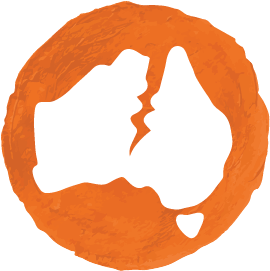
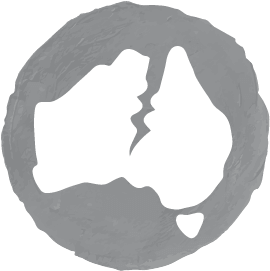
Injustice from the impact of colonisation.
Discover our curated collection of stories, articles and statistics that expose the injustices at the heart of our nation.
Who are Indigenous Australians?
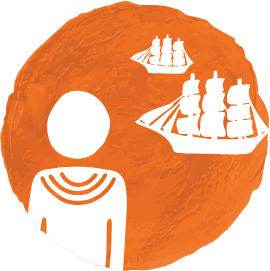
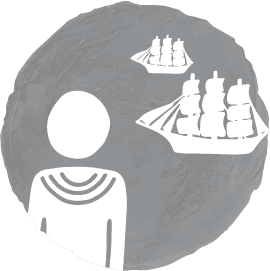
A past that shapes our story as a nation.
Tell stories that many Australians have never heard.
Immerse yourself in stories and articles to understand the connection between our nation’s past and present.
Busting the myth of peaceful settlement
Early missionaries to Australia
The civil rights movement in Australia


What’s it got to do with me?
Examines why this is relevant to every Australian.
Browse articles and stories that explore the ways we’re all connected, and what this means for us as Australians, collectively and individually.
What does this have to do with me?
Australia Day: answers to tricky questions
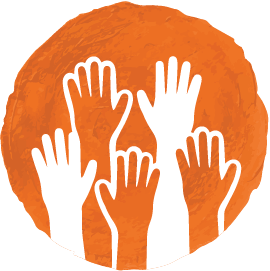
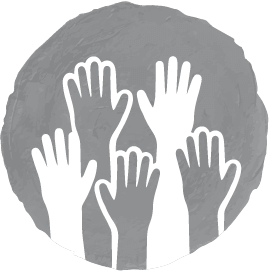
Everyone has culture. Know about your culture and value the culture of others.
Dive into stories and articles that explore the significance of culture and its role in building a brighter future together.
Welcome to and Acknowledgement of Country
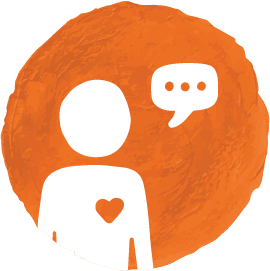
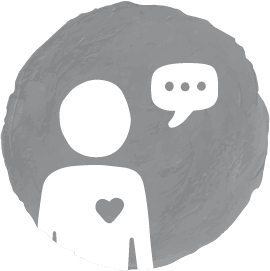
Steps we can take to build a brighter future.
Find inspiration in stories and articles that show even little steps can lead to big change when we do things together.
How do I get the most out of these resources?
The resources are designed to be flexible and modular, working around how you like to teach. You can use the resources exactly as they’re designed, or as a starting point from which to build your own lessons. Make them your own and use them to help you feel more confident in class.
Ready-made resources that save you time and help engage students
Make a difference in your classroom with easy-to-use, ready-made resources that will help your students understand First Nations stories, experiences and perspectives.
- Everything is ready to go
- Save you time
- Authentic learning
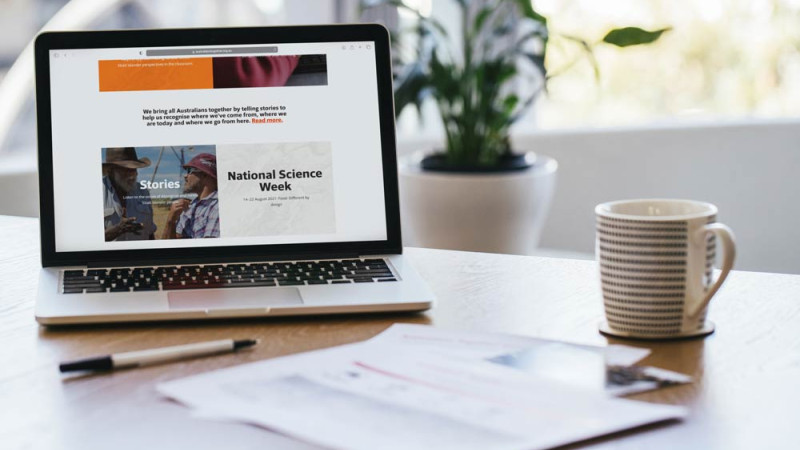
How will Australians Together continue to help me?
Change takes time and we’re here to provide the support you need over the long term. We’re constantly building new resources and we love to hear from educators like you. Feel free to reach out at any point and we can see how we can help. Together we can build a brighter future and a more united Australia for everyone.
Here’s why so many teachers love our resources:
- Everything is ready to go
Our resources include teacher guides and student handouts. - Save you time
Teachers love our resources as they it saves them time when lesson planning and they’re packed full of activities that really engage students. - Authentic learning
Teachers are following our resources’ responsive framework to confidently teach about Aboriginal and Torres Strait Islander histories, cultures and perspectives.
Have your say

Lets talk
We'd love to hear your feedback, comment or suggestions.
contact@australianstogether.org.au
Phone: (08) 7073 6499
PO Box 107
PARK HOLME SA 5043
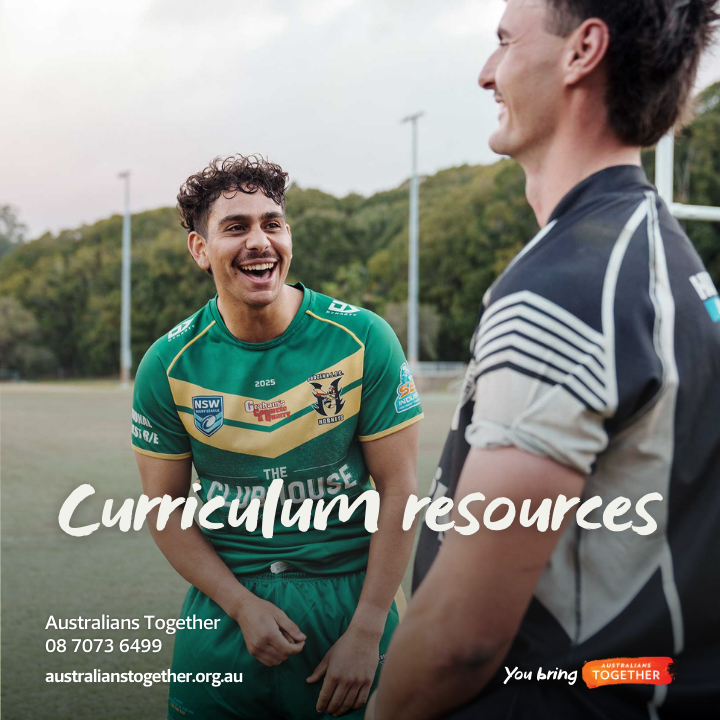
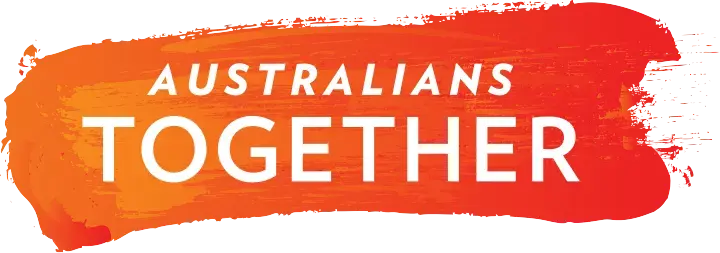
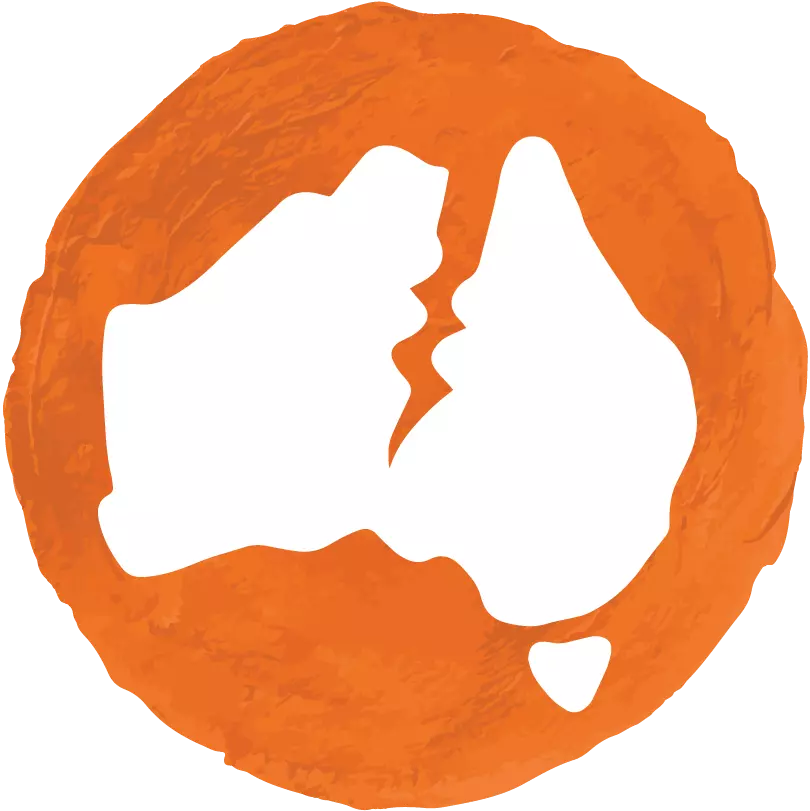 The Wound
The Wound
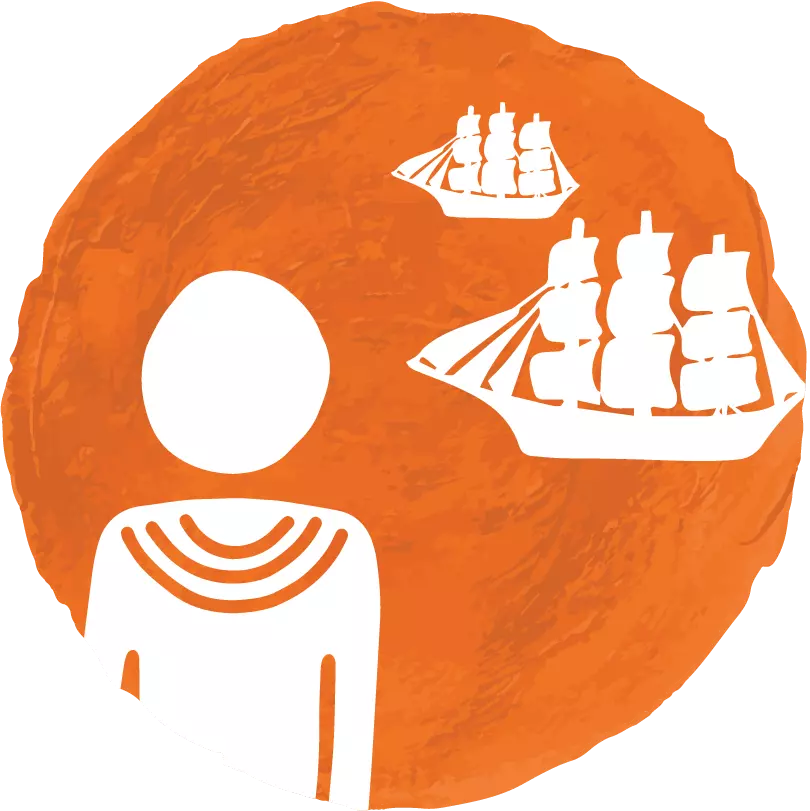 Our History
Our History
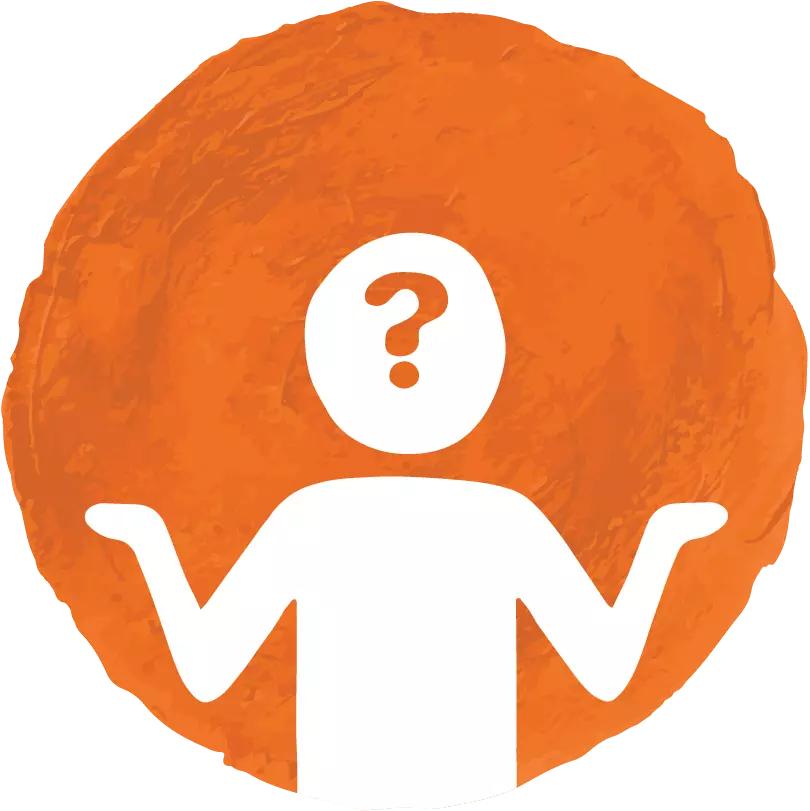 Why Me?
Why Me?
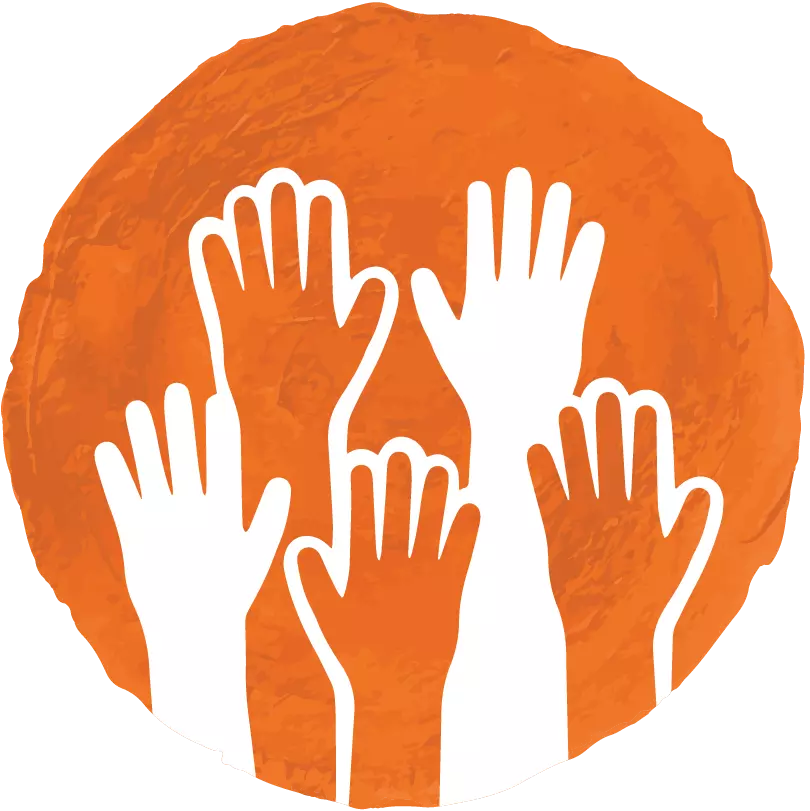 Our Cultures
Our Cultures
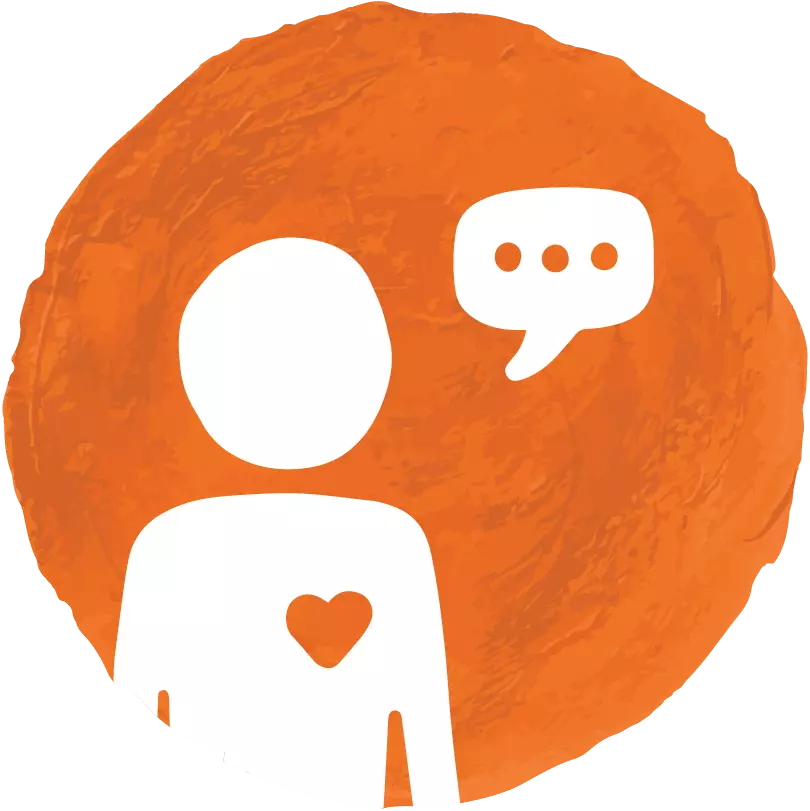 My Response
My Response





